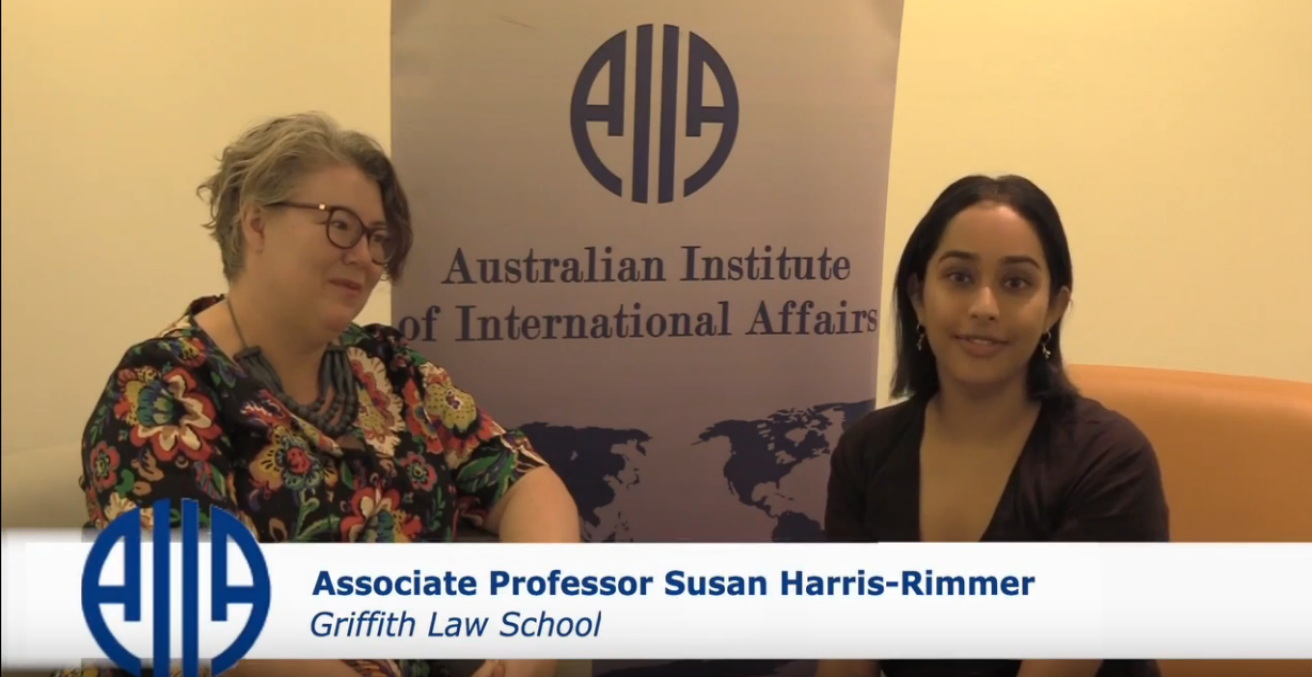Women's Leadership in International Relations

What does it mean for a state to allow a woman to embody it in international relations? Who gets trusted to represent states, and how do we get to gender parity in representation?
Women should embody their states as international representatives. While there has been a rapid rise of female ambassadorial roles in Australia, some areas of gender representation remains low, such as in defence attaches. In other parts of the world, the Argentinian case provides a puzzling phenomenon where women are trusted to legislate but not to represent the state. There also needs more intersectional diversity in the type of women representing the state. Part of the reason for the enduring struggle for gender parity stems from a strong bureaucratic culture in various institutional settings that is averse to change.
Apoorva Kolluru from the Australian Institute of International Affairs spoke with Associate Professor Susan Harris Rimmer at the IPSA World Congress 2018 in Brisbane.
Susan Harris Rimmer is an Australian Research Council Future Fellow and Associate Professor in the Griffith Law School. She is an Adjunct Reader at the ANU’s Asia-Pacific College of Diplomacy, a Research Associate at the Development Policy Centre in the Crawford School and a non-resident Research Associate at Chatham House.
Interview by Apoorva Kolluru.
Filming by Melissa Conley Tyler.
Video edited by Tommy Chai.





